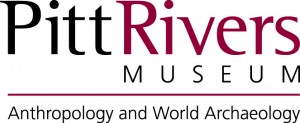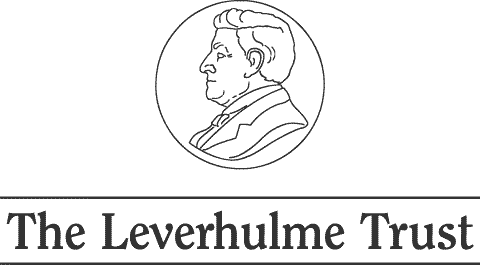Daily News 1 August 1881
General Pitt Rivers's Museum
To the Editor of the Daily News
Sir,-- Referring to the correspondence published on Saturday but an order of the House of Commons relative to the rejection of the offer of my collection to the nation, I request permission through your columns to correct an error arising from a misnomer in the term employed to designate the collection. The Government, whilst expressing an opinion that my museum would form an interesting addition to the British Museum, reject the offer on behalf of South Kensington on the grounds that, being ethnological, it would there clash with the British Museum. The term ethnology has been used in this case for convenience, because the object of my collection being new, there is no recognised name for it. But it is in no sense ethnological. Ethnology as a branch of anthropology relates to the study of races. The object of my museum is not racial. It is a museum of primitive arts. It exhibits by means of selected specimens the development from rude beginnings of certain arts, such as tools, weapons, pottery, musical instruments, clothing, weaving, horse-furniture, agricultural implements, personal ornaments, ship building, ornamentation, &c., and as such I consider that it has more affinity to the collections of the Science and Art Department, under whose auspices it has been exhibited to the public for some years past, than the British Museum. For although it includes some specimens of primitive arts which are found in ethnological museums, it is also largely made up of more modern examples of the same arts, which are necessary to complete the several series, and of models and survivals which could not enter into the British Museum collections without entirely subverting their ethnographical arrangement, and depriving both of the interest which they now possess by reason of the entirely different objects for which they have been collected and arranged. To use the words of the committee, "the collection differs from ordinary ethnographical collections in principle, and does not reduplicate or come into competition with them." With respect to the merits of the collection, I am quite content that they should rest on the report of the committee appointed by the Government, which includes the names of Huxley, Lubbock, Rolleston, and officers of the Government than whom, I believe, it would not have been possible to have appointed gentlemen more competent to deal with the matter in hand. If, as the report states, the committee are "unanimously of opinion that the collection offered to the Government under the conditions stated is of great value and interest, and ought to be accepted by the Government," and if, as Sir F. Sandford says in his letter to me, "their Lordships accept the conclusions at which the committee have arrived," it seems to me a pity the offer should be rejected on account of the misunderstanding of a term. But I desire to bring to notice that precisely the same thing has occurred before. Some years ago I was a member of a committee of the South Kensington Museum, when it was proposed to turn the whole of the exhibition galleries into a museum of primitive arts. The arrangements were progressing, favourably, the collections had been commenced, and the proposal would have had the effect of removing effectually and permanently the chaos which still continues to exist in the exhibition galleries, when a letter was read from one of the British Museum officers to the effect that as the new museum would include ethnographical specimens, he could not countenance any such undertaking unless it was placed under the British Museum, and the proposal was therefore rejected, as my offer has now been, because the departments of the Government could not agree which was to have the control of it.-- I am, Sir, yours obediently,
A. Pitt Rivers.
4, Grosvenor-gardens, August 1.


